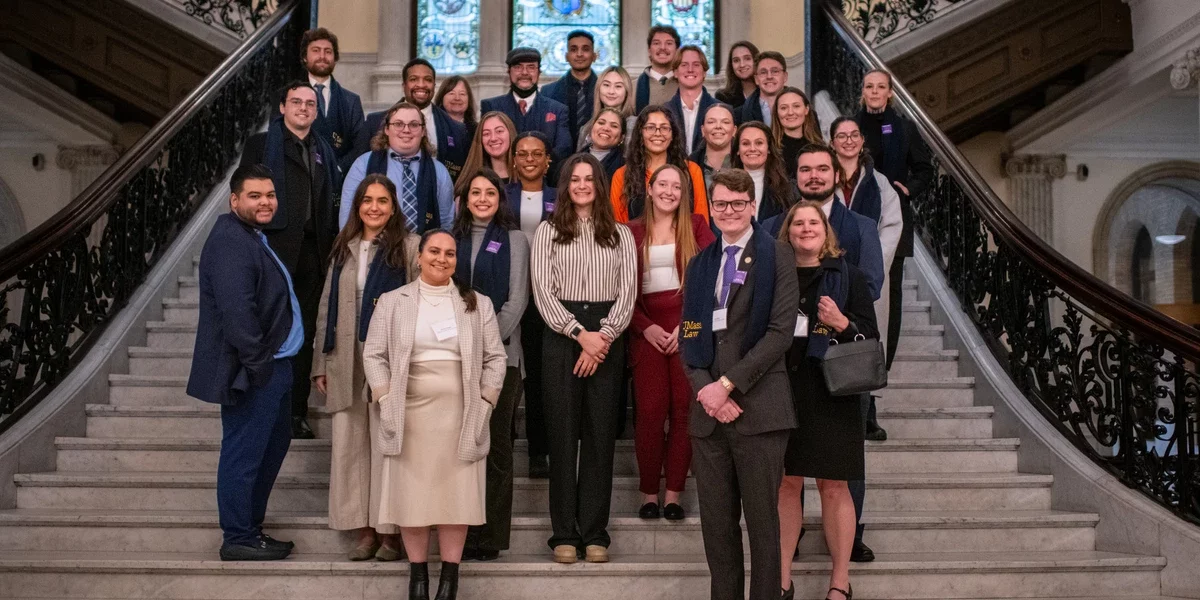A Gift in a Will

With a gift in a will, a donor can make a powerful future gift that costs nothing today.
Making a gift in a will is an easy way for donors to meet their charitable goals—perhaps even allowing them to make more substantial gifts than would otherwise be possible. Consider the following:
- It is simple for a client to include a charitable gift when they write their will.
- It is almost as easy for them to add a gift to an existing will using a codicil.
- There is no immediate out-of-pocket cost—the donor retains full use of their assets during life, so the gift does not impact their current lifestyle.
- This is a comfortable gift because the donor can change it at any point during life.
- A donor can make an unrestricted gift or direct how they want their gift to be used.
Donors also have flexibility in how they designate a gift:
- A specific asset or amount
- A percentage of their estate
- What remains of their estate after all other gifts, taxes, and fees have been paid
A will controls most property, but not all.
Of course, not all property passes under a will. Clients who wish to make a gift using a life insurance policy, IRA, or other retirement or financial account might consider using a simple beneficiary designation.
Evaluate the fit.
A gift in a will may be a particularly good option for clients who:
- Are interested in a simple, powerful gift that costs nothing today
- Want the flexibility of a gift they can change in the future if their situation or goals change
- Are seeking ways to reduce any potential estate tax (a gift in a will qualifies for an estate tax charitable deduction)
- Are looking at options to fund an endowment gift, testamentary charitable remainder trust, or testamentary charitable lead trust
Your client doesn’t have a will? Remind them of the consequences.
Half of all Americans do not have a will. Whatever your client’s age or assets, if they die without a valid will or living trust to specify the distribution of their property, state law takes over without any consideration for their unique personal situation and wishes.
- A spouse may not get as much as expected (in many states, the spouse and children will each take equal shares of the estate under state law).
- A child or other relative with special needs will not be given any special financial consideration.
- Meaningful heirlooms or other belongings will not automatically go to their intended recipients.
- The court-appointed guardian for any minor children and/or children with special needs may not be the person your client would have chosen.
- The court-appointed estate administrator will likely not be the person your client would have chosen.
- Estate administration becomes more difficult without clear direction, allowing fees to accumulate and shrink the total estate.
- If your client has no heirs and no will, the state can end up with the entire estate.
- For larger estates, your client forgoes the chance to implement measures to reduce any potential estate tax.
- Your client loses the opportunity to direct assets to those charitable organizations they would like to acknowledge and support as part of their legacy.
See how it works.
Grace wants to include a charitable gift to the UMass Foundation in her will. She considers making a specific donation of 100 shares of stock but realizes this gift will surely change in value over time—perhaps significantly. Instead, she decides to leave a percentage gift—40% of her estate to each of her two children and 20% to us. When Grace dies, her executor will carry out her wishes by distributing her assets according to her instructions.
Consider the timing.
It's never too early to create or update your will! And since a gift in your will does not qualify for a charitable income tax deduction, you can plan this gift at any time that is convenient for you.
The UMass Dartmouth Advancement Team can help.
- Ask us for specific language to include in the will. You may also refer to the Gift Language tab for suggested language and the foundation's official legal name and address.
- If you have a client ready to make or update a will, offer them our free Will and Estate Planning Guide. This value-added piece walks your client through the process and makes it as simple as possible.
- Encourage clients who have made or are considering making a gift in a will to let us know about their gift. We would like the opportunity to thank them and ensure their gift will be utilized as intended.
